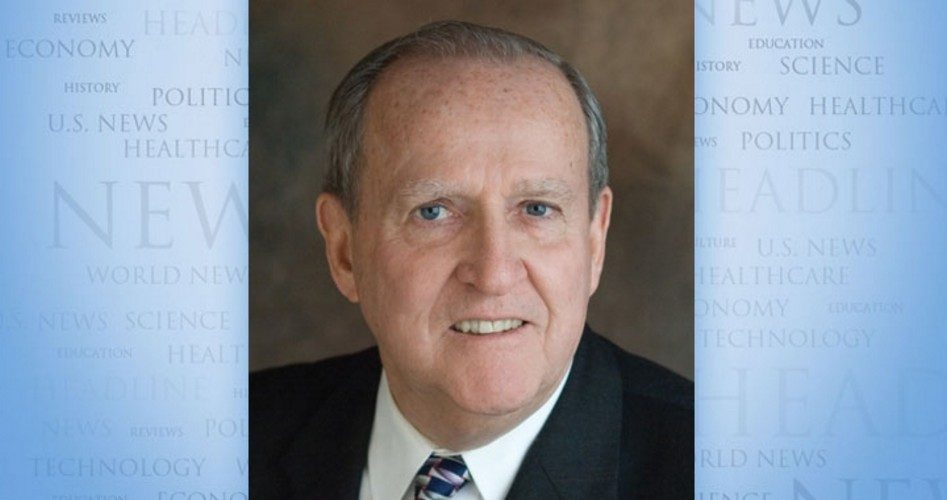
An increasing number of Americans have found themselves confused during discussions only to find out that the cause of the problem stems from distortions in the meaning of key words.
We live in an era when correct definitions have been almost universally lost. Two prime examples come to mind: the words “democracy” and “inflation.” I contend that getting back to the true meaning of each is long overdue and very much needed. Venal politicians and dull or deceitful economists are deceiving the public and that has to stop.
The word “democracy” entered our language from Greece. It means “the people to rule.” If the people force adoption of something truly beneficial to their nation and its people, consider it a bit of luck. But democracy customarily invites what James Madison, our nation’s fourth president, abhorred. He and other Founders made their feelings known while creating the U.S. Constitution where they chose a republic, the rule of law, to be our nation’s governmental system.
Madison explained his detestation of democracies when he wrote that they “have ever been spectacles of turbulence and contention; have ever been found incompatible with personal security or the rights of property; and have in general been as short in their lives as they are violent in their deaths.” Instead, he and his colleagues at the 1787 convention established a “rule of law” as the standard for deliberation and action. Its main premise was to have our infant country prosper, not because of what government would do, but because of what government would be prevented from doing by the Constitution.
Today, the Constitution is given lip service and government has greatly ignored the bonds erected to insure that it would not exceed its powers. Consequently, we are victims of democracy in action, a bowing to the demands of the mob, ignoring constitutional restraints and leading the nation toward total government. Politicians are converting our republic into a democracy that will inevitably lead to tyranny. There is great need for understanding the wisdom contained in the slogan, “This is a republic, not a democracy; let’s keep it that way.”
Regarding inflation, the misuse of its correct definition has largely been hidden. Inflation is an increase in the quantity of currency, not the condition of rising prices which is the widely known, but wrong, definition. What appears to be a rise in prices for goods and services is proof that money has become less valuable. Wet streets don’t cause rain. And rising prices are the consequence of putting more money into circulation. What is inflated is the quantity of currency. When money becomes less valuable because of increasing its amount (a common practice engineered by the Federal Reserve), the rising prices for goods and services are simply a refection of the loss in value of existing money.
Early in his career, British economist John Maynard Keynes pointed his finger at would-be rulers and described the process correctly. He wrote: “By a continuous process of inflation, governments can confiscate, secretly and unobserved, an important part of the wealth of their citizens…. The process engages all of the hidden forces of economic law on the side of destruction, and does it in a manner that not one man in a million can diagnose.” What Keynes was saying is that filling your car’s gasoline tank may have cost $5 dollars in the early and middle years of the past century. But filling your tank now costs $40 or more. The price of gasoline didn’t change; the value of a dollar changed.
A great deal more can be said about how faulty definitions inevitably lead to more power in government. Combating the harm being done to the American dream has to include correcting the widespread misinformation about democracy and inflation.
John F. McManus is president emeritus of The John Birch Society. This column appeared originally at the insideJBS blog and is reprinted here with permission.



